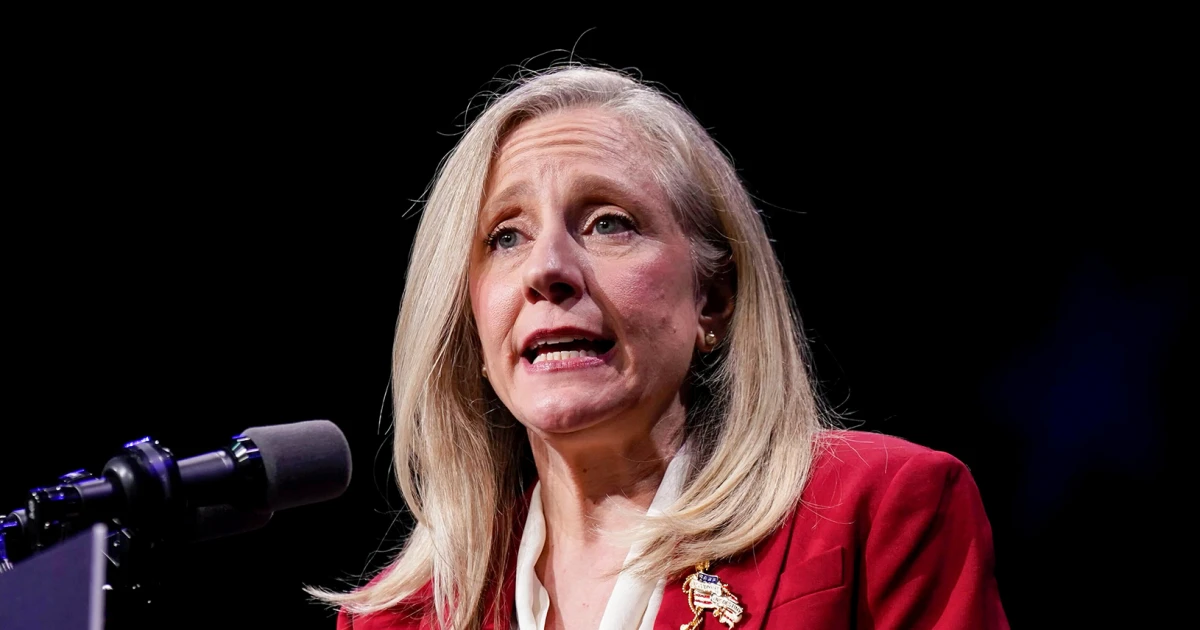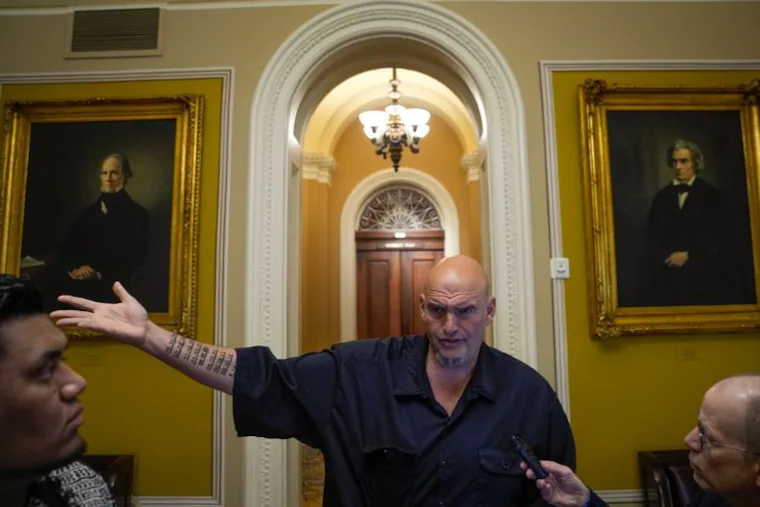Copyright MSNBC

The past 12 months have been the most difficult politically for trans people since Time magazine’s “Trans Tipping Point” cover story in 2015. Donald Trump returned to the White House after a campaign that featured millions of dollars of anti-trans ads. Since then, the Democratic Party and those paid to pontificate on party strategy have been in a tense standoff over whether they should give up the fight for trans rights and give in to the conservative lust to drive trans people out of society. Tuesday’s election night was a resounding repudiation of those who insist that Democrats must cut their trans constituents loose in order to win elections. In Virginia, over half of Republican ads fearmongered over trans acceptance in schools, but Democratic candidates weren’t afraid to respond to those attacks. The anti-trans ads from Republican Lt. Gov. Winsome Earle-Sears were relentless, but Democratic gubernatorial candidate Abigail Spanberger didn’t hesitate to respond, telling her story as a mother of three girls and how Earle-Sears’ concerns should be left to parents, not the government. Tuesday’s election night was a resounding repudiation of those who insist that Democrats must cut their trans constituents loose in order to win elections. A similar story played out in the New Jersey governor’s race, in which Republicans again tried to distract from kitchen table issues by parading the alleged threat of trans people in front of voters. In countless local races, from the Virginia House of Delegates to local school board races in Texas, anti-trans candidates faced loss after loss. The Pennsylvania small town of Downingtown even elected the state’s first-ever openly trans mayor. Republicans nationwide have made attacking trans rights a major element of their campaign messaging, despite fast-rising inflation, but those attacks didn’t appear to land. According to CNN exit polling in Virginia, about half of all voters said societal support for transgender rights has gone too far, but about 20% of those who said so ended up voting for Spanberger. An October poll of likely voters in Virginia by the Wason Center showed that trans issues ranked low as a voter priority, polling way behind affordability, threats to democracy and concerns over policing of immigration. Nevertheless, Earle-Sears poured millions into anti-trans ads, and then got blown out on Election Day in a state that is still relatively purple. In New York City, mayor-elect Zohran Mamdani’s campaign was among the most openly pro-trans in history. He regularly name-checked the trans community in speeches and hired trans people to help right his trans rights platform. He even released a two-minute video entirely about the history of trans people in the city and what he planned to do to support trans New Yorkers. To me, as someone who has watched the trans debate develop and morph in this country’s politics for a decade now, last night was one of the most politically affirming of my life. The debate over whether Democrats need to cut trans people loose in order to win elections should be over. From Spanberger’s matter of fact responses to anti-trans attacks, or Mamdani’s full embrace of trans New Yorkers as full equals in society, Democrats now have multiple playbooks to choose from the next time a Trump acolyte hits them with a “Harris is for they/them”-type ad. In bluer districts and states, Democrats should feel free to embrace trans people in their campaign messaging — we aren’t some tiny minority to be hidden away in the closet when voters check out your campaign. In purple races, Democrats need to ensure they are connecting with the economic needs of the people they are seeking to represent, which is something that all the major Democratic candidates did in their races this fall. On Wednesday, the Human Rights Campaign was quick to get the word out about how successful its pro-equality caucus performed. The organization hosted a press call featuring a variety of high-profile LGBTQ+ political figures, including Rep. Sarah McBride, D-Del., the first ever openly trans House representative. “Last night’s win reinforced the spine and reinforced that we are on the right path as a caucus and party,” said McBride when asked by MSNBC about how last night’s election results will affect conversations about trans issues with her Democratic colleagues. The low voter salience of trans issues among voters is a double-edged sword. On the one hand, according to a 2023 Data for Progress poll, a low but growing percentage of Americans know a trans person personally. That makes us easy to define by bad actors, like Trump did last fall. Republicans made attacking trans rights a major element of their campaign messaging, but those attacks didn’t appear to land. On the other hand, because trans issues matter so little to most voters, attack ads should be relatively straightforward to respond to. Deflecting an attack on trans kids into messaging about the need for universal child care, or redirecting attacks on trans health care into messaging about our broken health care system needs to become second nature to Democrats seeking higher office. One way in which Kamala Harris failed in her presidential campaign is that she largely refused to respond to Trump’s attacks, giving voters the perception that trans issues were an issue she was scared or ashamed to engage on. Just last week, the centrist group WelcomePAC produced a 352-page report telling Democrats to give up on controversial social issues such as trans rights or immigration. That has proven wrong after Tuesday. Democrats should no longer fear the trans fight. Engage with voters, learn what they care about and design your messaging around that.



